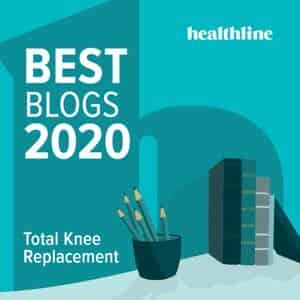mainegirl1
graduate
Back off bud.. Not to be snarky but every day that you have pain think of ( or have documented) the prior days exercise.. And downsize the next outing! Repeat till you get just a little ache the day after. The day after should not be a hangover.
Been there done that! Sometimes there is a disconnect between what we want in our head and what the hip is happy with.. Stay fit with upper body stuff!
Been there done that! Sometimes there is a disconnect between what we want in our head and what the hip is happy with.. Stay fit with upper body stuff!



 United States
United States . Seriously, knowing the truth helps immensely to understand why this particular surgery has the type of recovery period it does. I'm 3 months out from a posterior approach and doing great with everything except my gluteus medius. Actually because I had OA for so long before my op ALL my glutes atrophied, something you don't have I'm sure as a fit bloke! But the op manipulation of those muscles really takes its toll, and soft tissue just takes time time and more time to heal. Your patience muscle is the hardest to get on top of I'm afraid.
. Seriously, knowing the truth helps immensely to understand why this particular surgery has the type of recovery period it does. I'm 3 months out from a posterior approach and doing great with everything except my gluteus medius. Actually because I had OA for so long before my op ALL my glutes atrophied, something you don't have I'm sure as a fit bloke! But the op manipulation of those muscles really takes its toll, and soft tissue just takes time time and more time to heal. Your patience muscle is the hardest to get on top of I'm afraid. 





